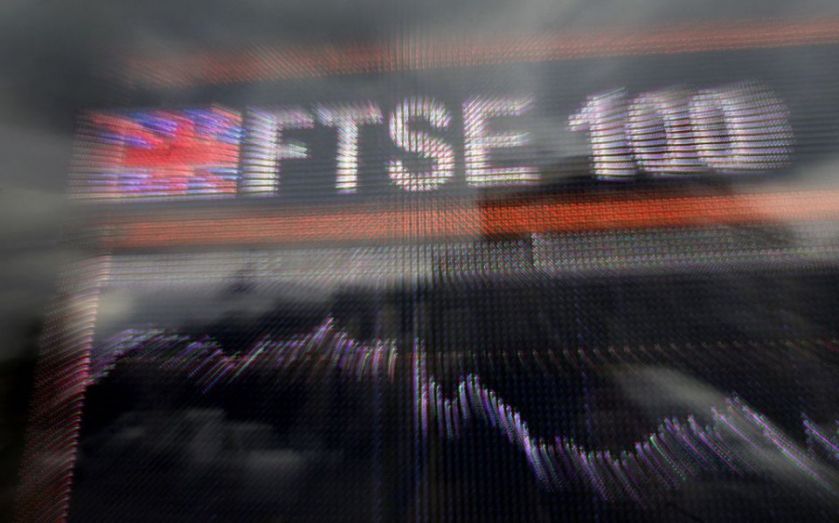General Election 2015: How will it affect the City? While a Conservative government is welcomed the Brexit risk looms large

Investors cheered as it was revealed Britain would be governed by a Tory government for the next five years. While this brings greater stability, as well as more business friendly policies a number of challenges lie ahead.
Here's what the City had to say:
The economists:
Economists think a Tory government without a formal coalition will bring more stability to the economic outlook. But many will now be looking for additional guidance on the time frame for, as well as the extent of, their planned spending cuts.
Over the longer-term, the election outcome brings new problems of its own, namely a referendum on the European Union, the impact of potential in-fighting within the Conservative party as well as relations with Scotland.
Howard Archer, chief economist at IHS, said:
"While the markets are likely to be happy with the election result in the near-term and the economy should benefit from the more stable result than had seemed likely, major questions remain further out that have the potential to be major causes of uncertainty and instability."
"In particular the EU referendum looms larger now which is likely to lead to appreciable market and business uncertainty further out."
"Relations with Scotland and effective increased influence of Conservative back benchers are also areas of potential instability."
"In addition, the Conservatives will now need to make clear exactly where their cuts are going to come to meet their fiscal targets."
Holger Schmieding, chief economist at Berenberg, said:
"As Cameron will likely secure a few small face-saving compromises from Europe as he tries to negotiate some EU reforms, we expect a clear "yes" to the EU in a UK referendum in late 2017."
"The strong result for the SNP on 7 May does not increase the risk of Scotland breaking away from the UK by much over the next five years."
"While the Tory commitment to expenditure cuts sounds harsh, the very small majority for the Conservatives, be it with or without a partner, probably means that the cuts will not be fully implemented anyway … that will likely result in an acceptable and not overly disruptive path of bringing the deficit back to less than three per cent."
"It could be rocky. A Conservative government with only a small majority of seats will be vulnerable to defections, the inevitable losses in by-elections as well as to the antics of its potential small partners (LibDems and/or DUP) … most importantly, a rebellion of anti-EU Tories against whatever terms the government may (try to) achieve in negotiations about a modest EU reform ahead of a late 2017 referendum could bring the government down."
The banks:
Shares, the pound and gilts all rallied this morning as investors priced in an expectation beating election result.
Investors will not have to endure the uncertainty surrounding weeks-long coalition negotiations and they look likely to get a business friendly Tory government.
Nick Beecroft, senior market analyst at Saxo Bank, said:
The threat of a scarily left of centre, spend and tax coalition of Labour and Scottish Nationalists, dragging the UK back to hard left policies not seen since the 1970's, has evaporated.
Perhaps just as importantly, the spectre of long days or even weeks of coalition negotiation uncertainty has been removed.
Bill O’Neill, Head of the UK Investment Office at UBS Wealth Management, said:
“Markets will respond swiftly today and in the coming days.
With certainty will come a renewed confidence from investors in a more stable and transparent policy climate. For now, let’s enjoy the relief rally.
A renewed commitment to austerity should support gilts.
Sterling will, in our view, be moved by a number of different factors in the coming days and weeks.
It could hold the initial gains following the astounding exit polls last night but the Brexit and Scottish devolution debates might influence the path of the pound quicker than we think.
Visit our General Election poll tracker to see how the polls changed in the build-up to election day.